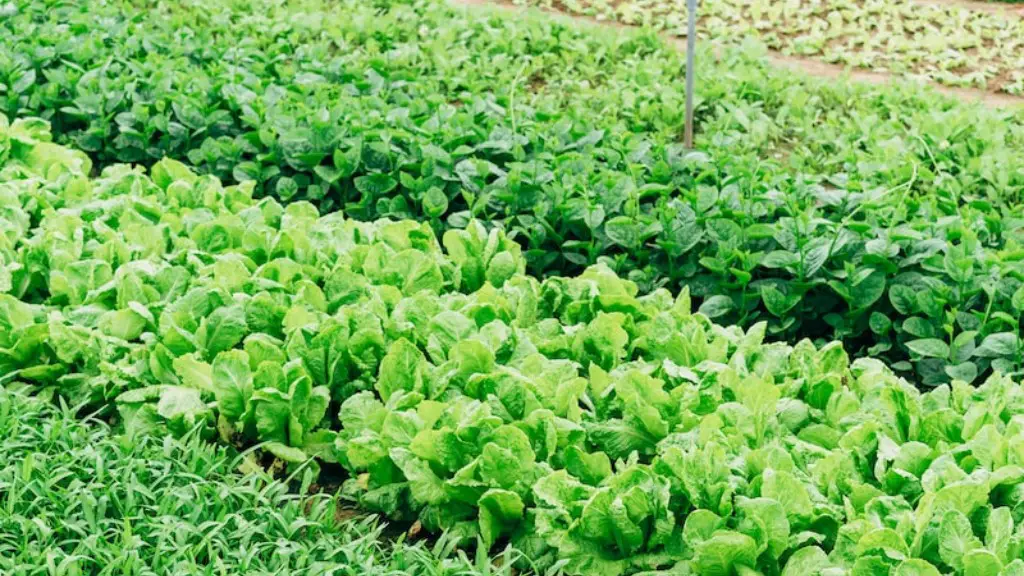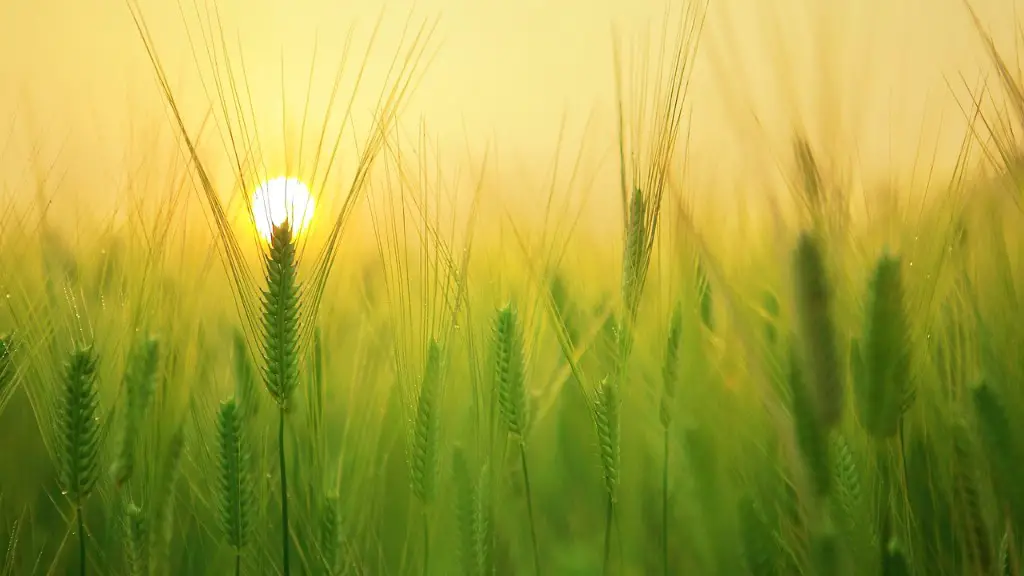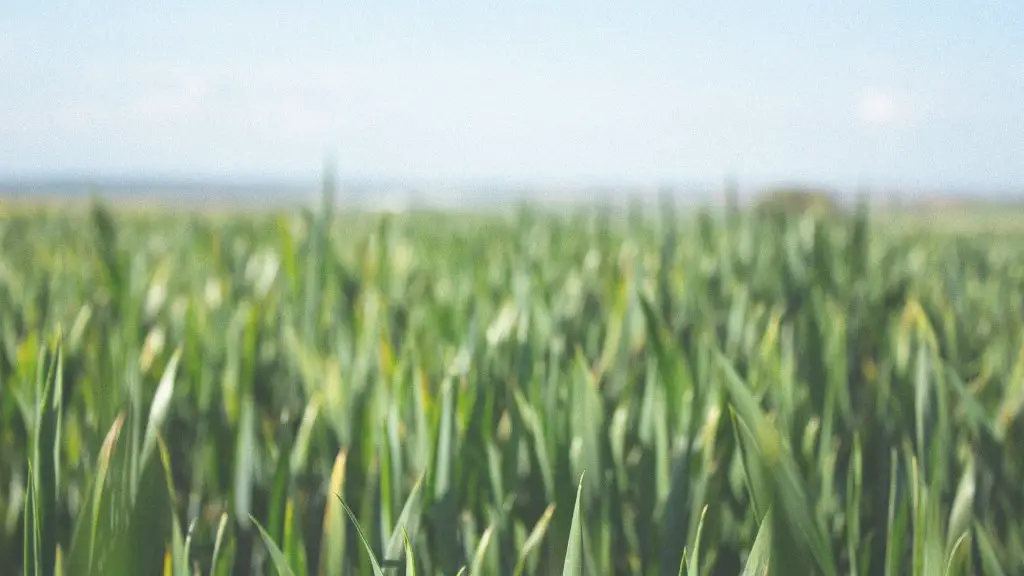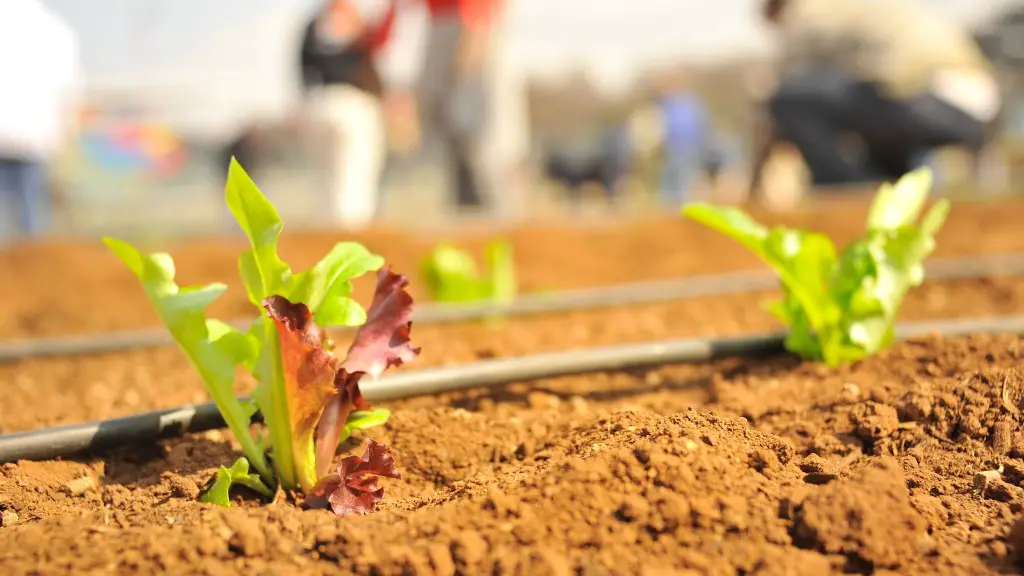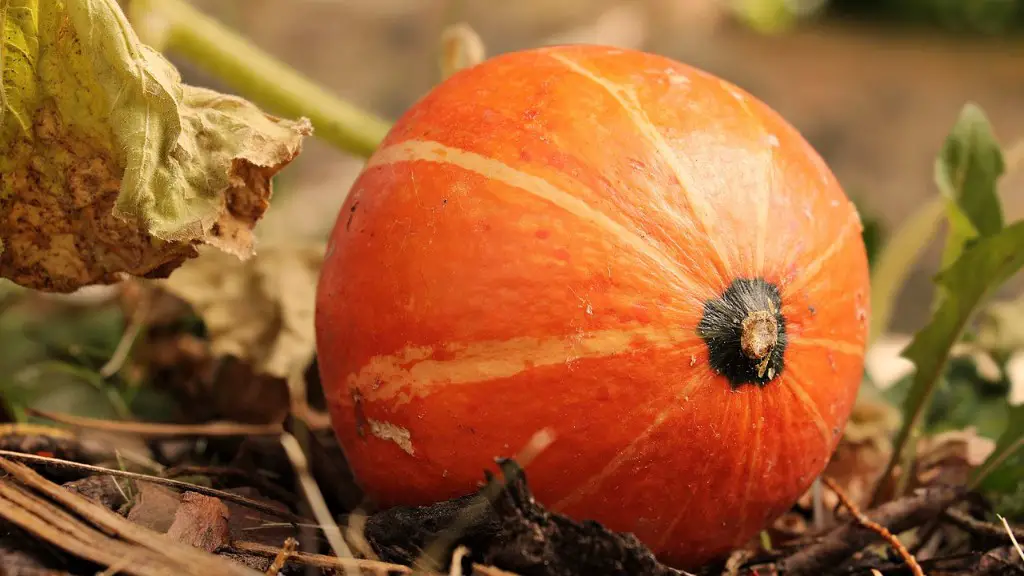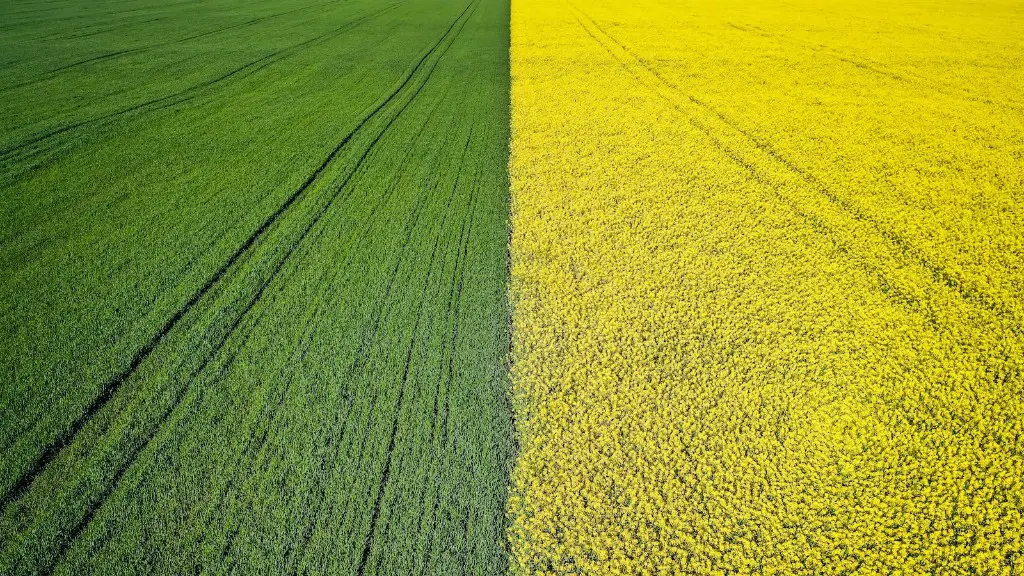Cloning is the process of producing genetically identical individuals of an organism. Cloning in agriculture is used to produce clones of crops and livestock that possess desirable traits, such as resistance to disease, higher yield, or improved flavor. Agricultural clones are often produced by cutting and rooting plant cuttings or by using cells from a donor animal to create an embryo that is implanted into a surrogate mother. While cloning offers many potential benefits for agriculture, some people have ethical concerns about the practice.
There are several ways that cloning is used in agriculture. One way is to produce identical copies of a plant that is especially hardy or that produces a lot of fruit. Another way is to clone an animal that is resistant to disease or that produces a lot of milk.
How is plant cloning useful for farmers and scientists?
Cloning is a very useful tool for commercial growers, as it allows them to replicate successful plants exactly. This means that they can produce plants with the same desirable characteristics over and over again, which is very important for achieving consistent results. Cloning is also relatively easy to do, so it is a very practical solution for commercial growers.
Cloning is a natural reproductive strategy for both plants and animals. Humans take advantage of cloning in horticulture by creating clones through cuttings to produce seedless fruits, increase crop yield of strawberries by propagating stolons, and grafting fruit trees together.
What are the 4 main uses of cloning
There are many reasons why people might want to clone things. Some people might want to revive endangered or extinct species, while others might want to reproduce a deceased pet. Others might want to clone livestock for drug production, or even humans.
Asexual propagation, or “plant cloning”, is a horticultural technique that allows plant growers and gardeners to reproduce faithful copies of a source plant, otherwise known as a “mother plant”. This technique is successful and widely used because it allows for the creation of new plants that are identical to the mother plant. This is beneficial for those who want to ensure that their plants are genetically identical to the original plant, or for those who want to create multiple copies of a plant for mass production. There are several methods of asexual propagation, but the most common method is to take a cutting from the mother plant and then grow it in a suitable medium (such as soil, water, or a growing medium) until it forms its own roots.
What are the advantages of plant cloning in agriculture?
Cloning plants is a quick and efficient way to produce identical plants. This method is used to produce new plants from rare and endangered species, helping to preserve the species. Cloning is also an effective way to produce new plants from seed.
This is great news for farmers around the world who will now be able to easily propagate high-yielding, disease-resistant, or climate-tolerant crops. This will help to ensure that everyone has access to the food they need.
How has cloning been used on plants and animals?
Cloning is a process whereby farmers and ranchers can accelerate the reproduction of their most productive livestock in order to better produce safe and healthy food. Cloning reproduces the healthiest animals, thus minimizing the use of antibiotics, growth hormones and other chemicals. This results in healthier food for consumers and fewer health risks associated with consuming contaminated food.
-Vegetative reproduction in plants is a type of cloning that occurs naturally. This is where a plant produces multiple copies of itself through a process called apomixis.
-Binary fission is another type of cloning that occurs naturally. This is where a bacterium splits into two genetically identical cells.
-Parthenogenesis is a type of cloning that occurs naturally in certain animals. This is where an embryo develops without fertilization from a male.
How is cloning applied among plants and animals
There are two main types of cloning: natural cloning and artificial cloning. Natural cloning occurs in nature and does not require any intervention from humans. Asexual reproduction is a type of natural cloning that can occur in certain organisms, such as bacteria, and also in the development of twins from a single fertilized egg. Artificial cloning is a process that is carried out in laboratories, and an example of this would be the process of nuclear transfer of embryonic cells, which leads to the production of cloned mammals.
There are a few main benefits to plant cloning:
-You are improving the odds that the plant will produce the same amount each harvest
-Cloned plants reproduce faster
-You don’t have to worry about having dud seeds
-You can reproduce pest resistance.
Overall, cloning plants can be a great way to ensure a steady supply of your favorite plants!
Are we eating cloned meat?
The US Food and Drug Administration concluded that food from cattle, swine and goat clones is as safe to eat as food from any other cattle, swine or goat in 2008. Even scientists cannot distinguish a healthy clone from a conventionally bred animal, the regulatory agency said.
Cloning has the potential to revolutionize medicine, as it offers a way to create healthy tissue to replace injured or diseased tissue in the human body. There are three different types of cloning: gene cloning, reproductive cloning, and therapeutic cloning. Gene cloning creates copies of genes or segments of DNA, reproductive cloning creates copies of whole animals, and therapeutic cloning creates embryonic stem cells. Each type of cloning has its own advantages and disadvantages, and researchers are still working to perfect the technique.
What are the disadvantages of cloning in agriculture
The cloning of farm animals can involve great suffering. A cloned embryo has to be implanted into a surrogate mother who carries it to birth. Cloned embryos tend to be large and can result in painful births that are often carried out by Caesarean section. Many clones die during pregnancy or birth.
There is a common problem where cloned animals are significantly bigger at birth than normal offspring. This can cause painful delivery for the mother, often requiring surgery. Large offspring may also die or suffer from abnormal organ growth, poor breathing and suckling. This is a serious problem that needs to be addressed.
What are 5 pros of cloning?
There are many advantages to cloning, which is why it is such a popular topic of research. Cloning can prevent the extinction of certain species, as well as enable same-gender couples to have offspring. It also greatly aids in the replacement of organs, and can be used to help with diseases. Additionally, cloning can solve the problem of infertility, and increase agricultural production.
Animal agriculture is evolving rapidly due to advances in biotechnology. This term refers to a variety of technologies that can be used to alter the genes of an organism. This includes genetic engineering, genetic modification, transgenics, recombinant DNA techniques, and cloning. These technologies can be used to improve the productivity of animals, as well as to create new breeds of animals that are more resistant to disease.
Final Words
There is no exhaustible answer to this question because, as with many applications of cloning, the ways in which it can be used in agriculture are limited only by the imagination of the farmers and agricultural scientists who are using it. However, some of the ways in which cloning has been used or is being used in agriculture include creating genetically identical copies of prized livestock animals, developing disease-resistant crops, and propagating endangered species of plants.As cloning technology becomes more refined and less expensive, it is likely that even more innovative and beneficial uses for cloning in agriculture will be developed.
Cloning is used in agriculture to produce identical plants and animals. This allows farmers to produce larger quantities of food with less variation.
